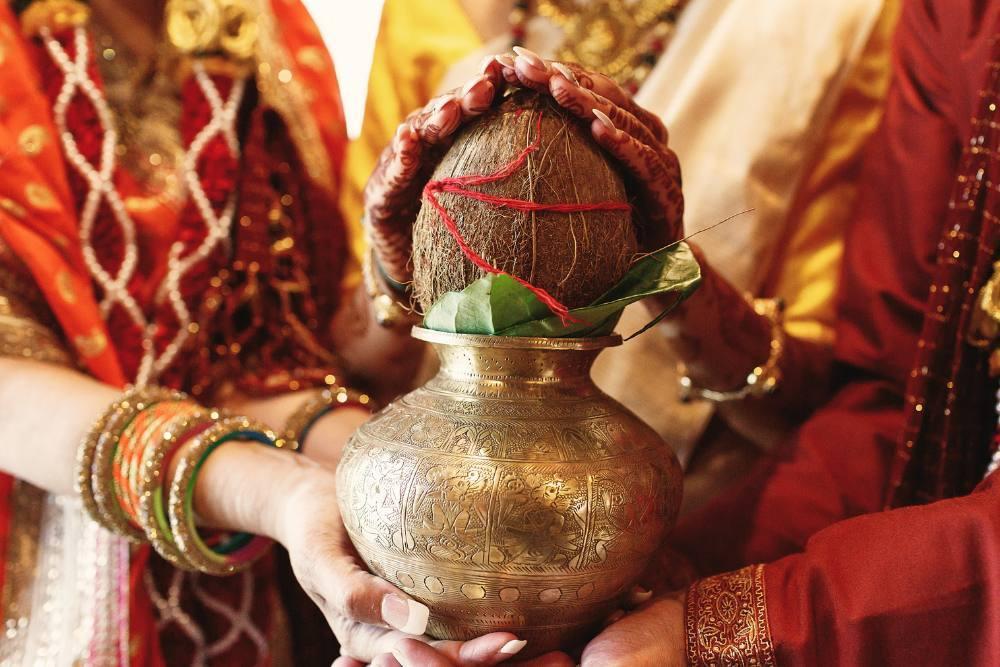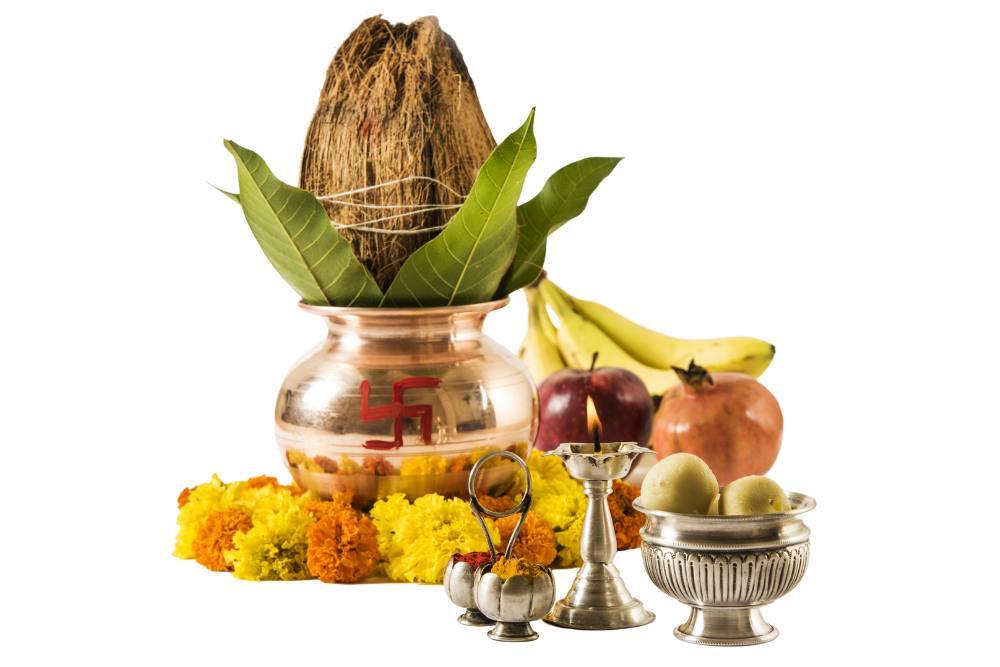Unveiling the Significance of Mango: Religious and Cultural Perspectives
In Hinduism, the mango is considered a sacred fruit, and the mango tree itself is revered as the Kalpavriksha, or the Tree of Life. Legends tell tales of Kamadeva, the god of love, employing a bow made from mango wood to ignite desire. Additionally, Lord Shiva is said to have meditated beneath the shade of a mango tree, while the goddess Lakshmi is believed to have emerged from its bountiful branches.
During Hindu rituals and ceremonies, mango leaves and fruits take center stage as decorative elements. Offering mangoes to deities is a common act of devotion and worship.
In the epic Ramayana, the revered monkey-god Hanuman discovered Sita, Lord Rama's wife, amidst a serene orchard of mango trees. Mangoes are also synonymous with love and romance in Indian culture, often exchanged as tokens of affection between lovers.

Mango leaves play a significant role in Hindu weddings, where they are artfully bound together to form decorative garlands known as 'torans.' These torans are then elegantly displayed at the entrance of the wedding venue, symbolizing blessings of happiness and prosperity for the newlyweds.
In Buddhism, mangoes symbolize the potential for enlightenment. It is recounted that the Buddha was offered a ripe mango by a monk, which led to his profound realization of the impermanence of all things. Mangoes are also regarded as emblems of abundance and fertility, often incorporated into rituals focused on promoting fertility.

Beyond their religious connotations, mangoes hold great nutritional and medicinal value in many cultures. Traditional Ayurvedic medicine attributes various benefits to mangoes, including aiding digestion, boosting the immune system, and even combating certain ailments.
Mango's cultural significance further shines through in its association with seasons and harvests. Countries such as India anticipate the arrival of mango season with great enthusiasm, celebrating it through vibrant festivals and fairs.
Literature and art also showcase mango's cultural allure. In Indian literary works, mangoes frequently serve as a metaphor for love and desire. The revered Ramayana recounts Lord Rama's promise to bring his beloved Sita a mango, symbolizing his affection. Through the ages, mangoes have been artistically depicted in sculptures, paintings, and photographs, capturing their timeless appeal.
In conclusion, mango stands as a fruit of profound religious and cultural significance. From its sacred place in Hinduism and Buddhism to its association with abundance, fertility, and enlightenment, mangoes hold a special place in the traditions and beliefs of diverse cultures. Celebrated for their nutritional and medicinal properties, mangoes encapsulate the essence of summer and harvest seasons. Whether utilized in worship, healing practices, or culinary delights, mangoes continue to captivate the hearts and minds of people worldwide.
